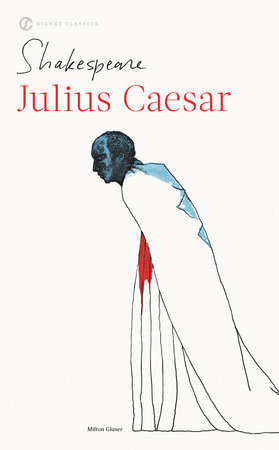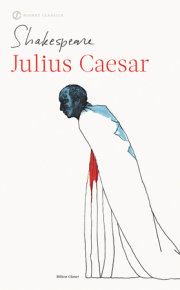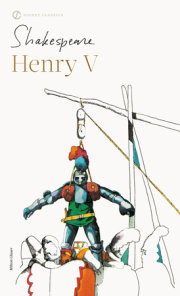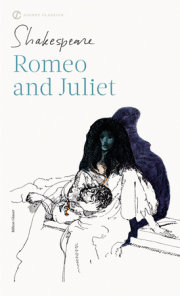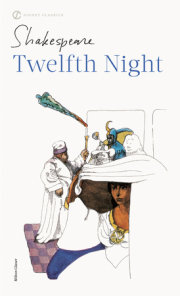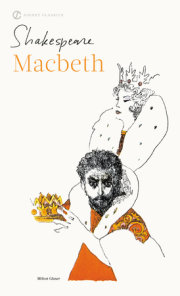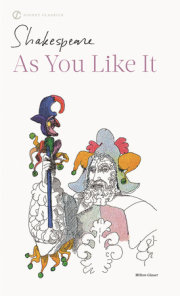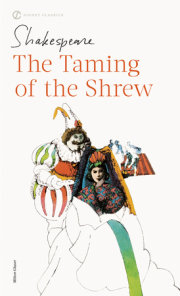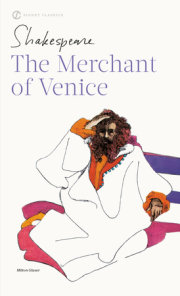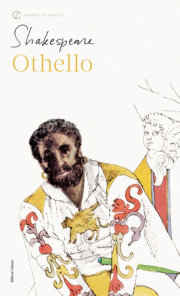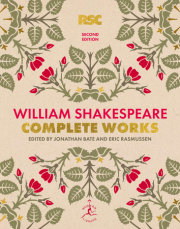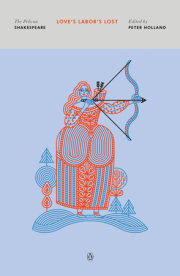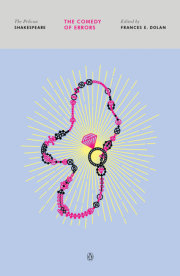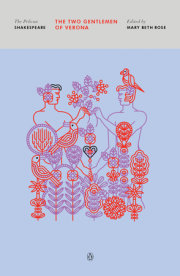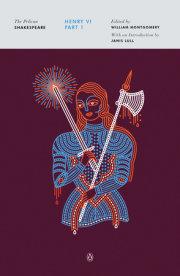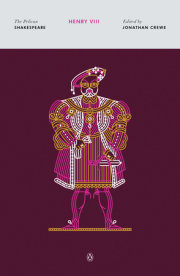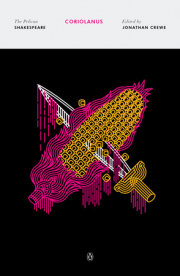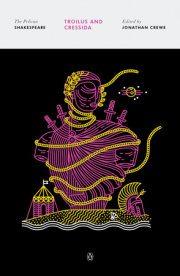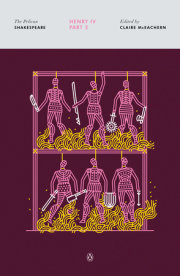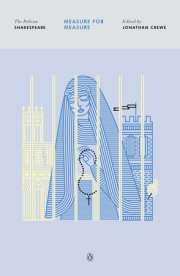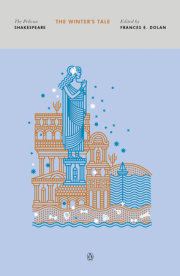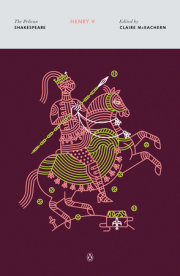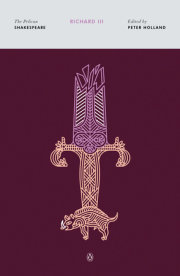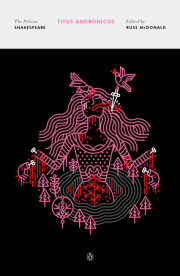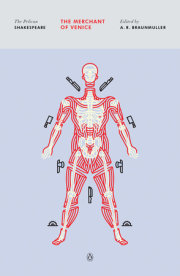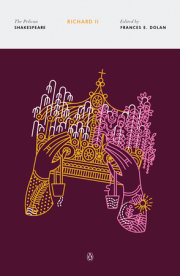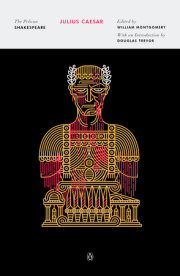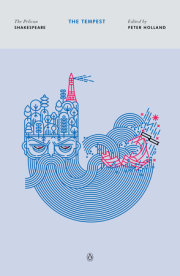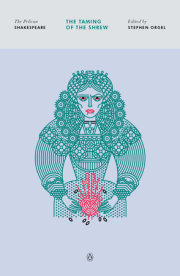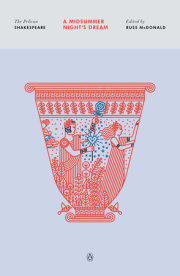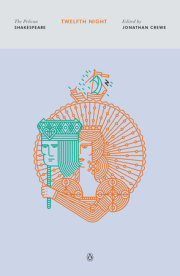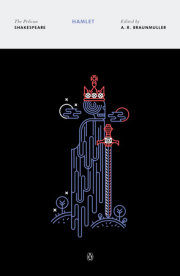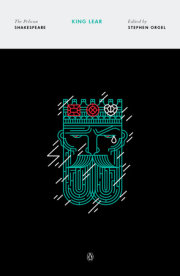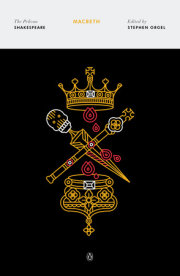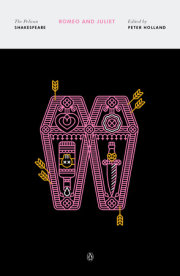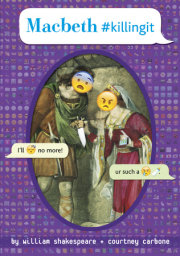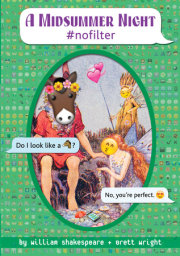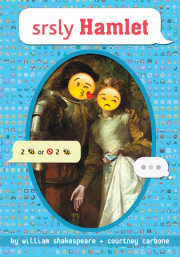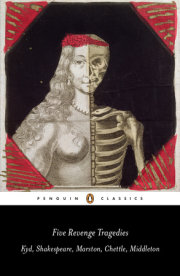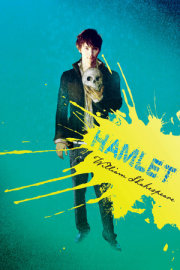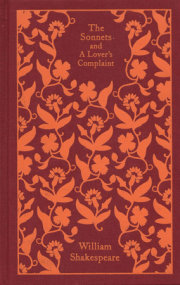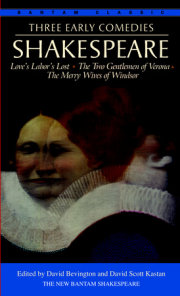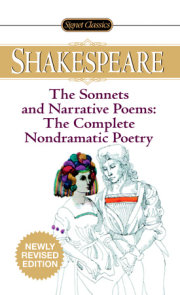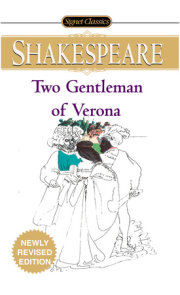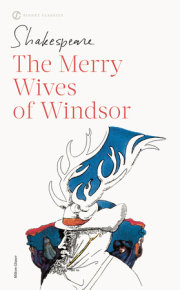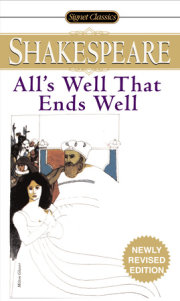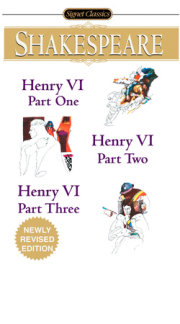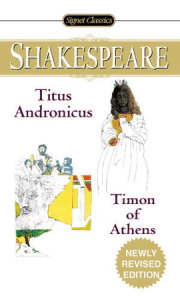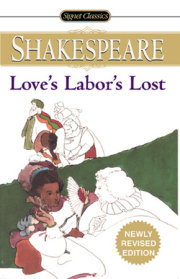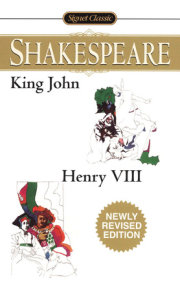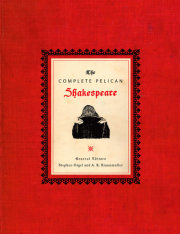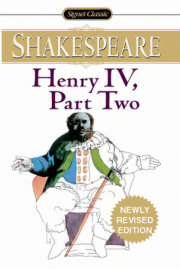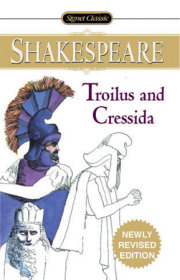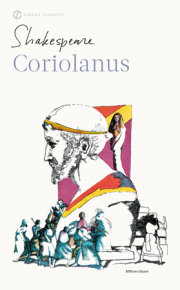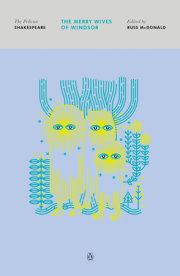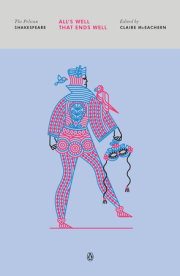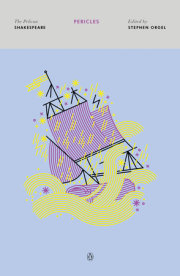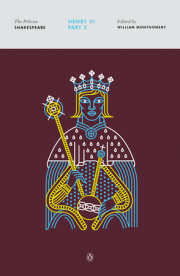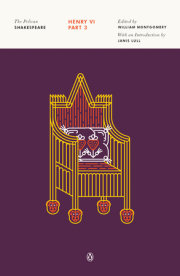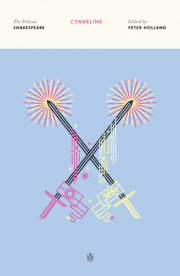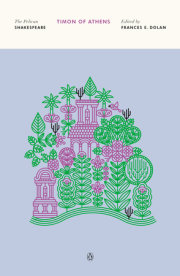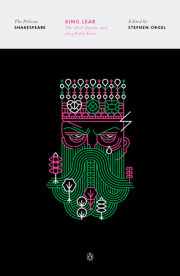Act 1 Scene 1 running scene 1
Enter Flavius, Murellus and certain Commoners over the stage
FLAVIUS Hence! Home, you idle creatures, get you home:
Is this a holiday? What, know you not,
Being mechanical, you ought not walk
Upon a labouring day, without the sign
Of your profession?- Speak, what trade art thou?
CARPENTER Why, sir, a carpenter.
MURELLUS Where is thy leather apron, and thy rule?
What dost thou with thy best apparel on?-
You, sir, what trade are you?
COBBLER Truly, sir, in respect of a fine workman, I am but as you would say, a cobbler.
MURELLUS But what trade art thou? Answer me directly.
COBBLER A trade, sir, that I hope, I may use with a safe conscience, which is indeed, sir, a mender of bad soles.
FLAVIUS What trade, thou knave? Thou naughty knave, what trade?
COBBLER Nay I beseech you, sir, be not out with me: yet if you be out, sir, I can mend you.
MURELLUS What mean'st thou by that? Mend me, thou saucy fellow?
COBBLER Why sir, cobble you.
FLAVIUS Thou art a cobbler, art thou?
COBBLER Truly sir, all that I live by is with the awl. I meddle with no tradesman's matters, nor women's matters; but withal I am indeed, sir, a surgeon to old shoes: when they are in great danger, I recover them. As proper men as ever trod upon neat's leather have gone upon my handiwork.
FLAVIUS But wherefore art not in thy shop today?
Why dost thou lead these men about the streets?
COBBLER Truly, sir, to wear out their shoes, to get myself into more work. But indeed, sir, we make holiday to see Caesar and to rejoice in his triumph.
MURELLUS Wherefore rejoice? What conquest brings he home?
What tributaries follow him to Rome
To grace in captive bonds his chariot wheels?
You blocks, you stones, you worse than senseless things:
O you hard hearts, you cruel men of Rome,
Knew you not Pompey? Many a time and oft
Have you climbed up to walls and battlements,
To towers and windows? Yea, to chimney-tops,
Your infants in your arms, and there have sat
The livelong day, with patient expectation,
To see great Pompey pass the streets of Rome:
And when you saw his chariot but appear,
Have you not made an universal shout,
That Tiber trembled underneath her banks
To hear the replication of your sounds
Made in her concave shores?
And do you now put on your best attire?
And do you now cull out a holiday?
And do you now strew flowers in his way
That comes in triumph over Pompey's blood?
Be gone!
Run to your houses, fall upon your knees,
Pray to the gods to intermit the plague
That needs must light on this ingratitude.
FLAVIUS Go, go, good countrymen, and for this fault
Assemble all the poor men of your sort;
Draw them to Tiber banks, and weep your tears
Into the channel till the lowest stream
Do kiss the most exalted shores of all.-
Exeunt all the Commoners
See where their basest mettle be not moved:
They vanish tongue-tied in their guiltiness.
Go you down that way towards the Capitol,
This way will I: disrobe the images
If you do find them decked with ceremonies.
MURELLUS May we do so?
You know it is the feast of Lupercal.
FLAVIUS It is no matter. Let no images
Be hung with Caesar's trophies. I'll about
And drive away the vulgar from the streets;
So do you too, where you perceive them thick.
These growing feathers plucked from Caesar's wing
Will make him fly an ordinary pitch,
Who else would soar above the view of men,
And keep us all in servile fearfulness. Exeunt
[Act 1 Scene 2] running scene 1 continues
Enter Caesar, Antony for the course, Calpurnia, Portia, Decius, Cicero, Brutus, Cassius, Casca, a Soothsayer, after them Murellus and Flavius
CAESAR Calpurnia.
CASCA Peace, ho! Caesar speaks.
CAESAR Calpurnia.
CALPURNIA Here, my lord.
CAESAR Stand you directly in Antonio's way
When he doth run his course. Antonio!
ANTONY Caesar, my lord.
CAESAR Forget not in your speed, Antonio,
To touch Calpurnia, for our elders say,
The barren touchèd in this holy chase
Shake off their sterile curse.
ANTONY I shall remember.
When Caesar says 'Do this' it is performed.
CAESAR Set on, and leave no ceremony out. Music
SOOTHSAYER Caesar!
CAESAR Ha? Who calls?
CASCA Bid every noise be still: peace yet again! Music stops
CAESAR Who is it in the press that calls on me?
I hear a tongue shriller than all the music,
Cry 'Caesar!' Speak, Caesar is turned to hear.
SOOTHSAYER Beware the Ides of March.
CAESAR What man is that?
BRUTUS A soothsayer bids you beware the Ides of March.
CAESAR Set him before me: let me see his face.
CASSIUS Fellow, come from the throng: look upon Caesar. Soothsayer comes forward
CAESAR What say'st thou to me now? Speak once again.
SOOTHSAYER Beware the Ides of March.
CAESAR He is a dreamer. Let us leave him: pass.
Sennet. Exeunt. Brutus and Cassius remain
CASSIUS Will you go see the order of the course?
BRUTUS Not I.
CASSIUS I pray you do.
BRUTUS I am not gamesome: I do lack some part
Of that quick spirit that is in Antony.
Let me not hinder, Cassius, your desires;
I'll leave you.
CASSIUS Brutus, I do observe you now of late:
I have not from your eyes that gentleness
And show of love as I was wont to have:
You bear too stubborn and too strange a hand
Over your friend, that loves you.
BRUTUS Cassius,
Be not deceived: if I have veiled my look,
I turn the trouble of my countenance
Merely upon myself. Vexed I am
Of late with passions of some difference,
Conceptions only proper to myself
Which give some soil, perhaps, to my behaviours.
But let not therefore my good friends be grieved -
Among which number, Cassius, be you one -
Nor construe any further my neglect
Than that poor Brutus, with himself at war,
Forgets the shows of love to other men.
CASSIUS Then, Brutus, I have much mistook your passion,
By means whereof this breast of mine hath buried
Thoughts of great value, worthy cogitations.
Tell me, good Brutus, can you see your face?
BRUTUS No, Cassius, for the eye sees not itself
But by reflection, by some other things.
CASSIUS 'Tis just,
And it is very much lamented, Brutus,
That you have no such mirrors as will turn
Your hidden worthiness into your eye,
That you might see your shadow: I have heard,
Where many of the best respect in Rome -
Except immortal Caesar - speaking of Brutus,
And groaning underneath this age's yoke,
Have wished that noble Brutus had his eyes.
BRUTUS Into what dangers would you lead me, Cassius,
That you would have me seek into myself
For that which is not in me?
CASSIUS Therefore, good Brutus, be prepared to hear:
And since you know you cannot see yourself
So well as by reflection, I your glass
Will modestly discover to yourself
That of yourself which you yet know not of.
And be not jealous on me, gentle Brutus:
Were I a common laughter, or did use
To stale with ordinary oaths my love
To every new protester, if you know
That I do fawn on men, and hug them hard,
And after scandal them, or if you know
That I profess myself in banqueting
To all the rout, then hold me dangerous.
Flourish, and shout
BRUTUS What means this shouting? I do fear the people
Choose Caesar for their king.
CASSIUS Ay, do you fear it?
Then must I think you would not have it so.
BRUTUS I would not, Cassius, yet I love him well.
But wherefore do you hold me here so long?
What is it that you would impart to me?
If it be aught toward the general good,
Set honour in one eye, and death i'th'other,
And I will look on both indifferently.
For let the gods so speed me, as I love
The name of honour more than I fear death.
CASSIUS I know that virtue to be in you, Brutus,
As well as I do know your outward favour.
Well, honour is the subject of my story:
I cannot tell what you and other men
Think of this life, but for my single self,
I had as lief not be as live to be
In awe of such a thing as I myself.
I was born free as Caesar, so were you:
We both have fed as well, and we can both
Endure the winter's cold as well as he,
For once, upon a raw and gusty day,
The troubled Tiber chafing with her shores,
Caesar said to me, 'Dar'st thou, Cassius, now
Leap in with me into this angry flood
And swim to yonder point?' Upon the word,
Accoutrèd as I was, I plungèd in
And bade him follow: so indeed he did.
The torrent roared, and we did buffet it
With lusty sinews, throwing it aside,
And stemming it with hearts of controversy.
But ere we could arrive the point proposed,
Caesar cried, 'Help me, Cassius, or I sink!'
I - as Aeneas, our great ancestor,
Did from the flames of Troy upon his shoulder
The old Anchises bear - so from the waves of Tiber
Did I the tired Caesar: and this man
Is now become a god, and Cassius is
A wretched creature, and must bend his body
If Caesar carelessly but nod on him.
He had a fever when he was in Spain,
And when the fit was on him I did mark
How he did shake: 'tis true, this god did shake,
His coward lips did from their colour fly,
And that same eye, whose bend doth awe the world,
Did lose his lustre: I did hear him groan:
Ay, and that tongue of his that bade the Romans
Mark him, and write his speeches in their books,
'Alas', it cried, 'Give me some drink, Titinius',
As a sick girl. Ye gods, it doth amaze me
A man of such a feeble temper should
So get the start of the majestic world
And bear the palm alone.
Shout. Flourish
BRUTUS Another general shout?
I do believe that these applauses are
For some new honours that are heaped on Caesar.
CASSIUS Why, man, he doth bestride the narrow world
Like a Colossus, and we petty men
Walk under his huge legs and peep about
To find ourselves dishonourable graves.
Men at some time are masters of their fates.
The fault, dear Brutus, is not in our stars
But in ourselves, that we are underlings.
Brutus and Caesar: what should be in that 'Caesar'?
Why should that name be sounded more than yours?
Write them together, yours is as fair a name:
Sound them, it doth become the mouth as well:
Weigh them, it is as heavy: conjure with 'em,
Brutus will start a spirit as soon as Caesar.
Now in the names of all the gods at once,
Upon what meat doth this our Caesar feed
That he is grown so great? - Age, thou art shamed! -
Rome, thou hast lost the breed of noble bloods! -
When went there by an age, since the great flood,
But it was famed with more than with one man?
When could they say, till now, that talked of Rome,
That her wide walks encompassed but one man?
Now is it Rome indeed, and room enough
When there is in it but one only man.
O, you and I have heard our fathers say
There was a Brutus once that would have brooked
Th'eternal devil to keep his state in Rome
As easily as a king.
BRUTUS That you do love me, I am nothing jealous:
What you would work me to, I have some aim:
How I have thought of this and of these times
I shall recount hereafter. For this present,
I would not - so with love I might entreat you -
Be any further moved. What you have said
I will consider, what you have to say
I will with patience hear, and find a time
Both meet to hear and answer such high things.
Till then, my noble friend, chew upon this:
Brutus had rather be a villager
Than to repute himself a son of Rome
Under these hard conditions as this time
Is like to lay upon us.
CASSIUS I am glad that my weak words
Have struck but thus much show of fire from Brutus.
Enter Caesar and his train
BRUTUS The games are done, and Caesar is returning.
CASSIUS As they pass by, pluck Casca by the sleeve,
And he will, after his sour fashion, tell you
What hath proceeded worthy note today.
BRUTUS I will do so: but look you, Cassius,
The angry spot doth glow on Caesar's brow,
And all the rest look like a chidden train:
Calpurnia's cheek is pale, and Cicero
Looks with such ferret and such fiery eyes
As we have seen him in the Capitol
Being crossed in conference by some senators.
CASSIUS Casca will tell us what the matter is.
CAESAR Antonio.
ANTONY Caesar?
CAESAR Let me have men about me that are fat,
Sleek-headed men, and such as sleep a-nights.
Yond Cassius has a lean and hungry look:
He thinks too much: such men are dangerous.
ANTONY Fear him not, Caesar, he's not dangerous.
He is a noble Roman, and well given.
CAESAR Would he were fatter! But I fear him not:
Yet if my name were liable to fear,
I do not know the man I should avoid
So soon as that spare Cassius. He reads much,
He is a great observer, and he looks
Quite through the deeds of men. He loves no plays,
As thou dost, Antony: he hears no music:
Seldom he smiles, and smiles in such a sort
As if he mocked himself, and scorned his spirit
That could be moved to smile at anything.
Such men as he be never at heart's ease
Whiles they behold a greater than themselves,
And therefore are they very dangerous.
I rather tell thee what is to be feared
Than what I fear, for always I am Caesar.
Come on my right hand, for this ear is deaf,
And tell me truly what thou think'st of him.
Sennet. Exeunt Caesar and his train
CASCA You pulled me by the cloak: would you speak
with me?
BRUTUS Ay, Casca, tell us what hath chanced today
that Caesar looks so sad.
CASCA Why, you were with him, were you not?
BRUTUS I should not then ask Casca what had chanced.
CASCA Why, there was a crown offered him; and being offered him, he put it by with the back of his hand, thus, and then the people fell a-shouting.
BRUTUS What was the second noise for?
CASCA Why, for that too.
CASSIUS They shouted thrice: what was the last cry for?
CASCA Why, for that too.
BRUTUS Was the crown offered him thrice?
CASCA Ay, marry, was't, and he put it by thrice, every time gentler than other; and at every putting-by, mine honest neighbours shouted.
CASSIUS Who offered him the crown?
CASCA Why, Antony.
BRUTUS Tell us the manner of it, gentle Casca.
Copyright © 2011 by William Shakespeare. All rights reserved. No part of this excerpt may be reproduced or reprinted without permission in writing from the publisher.

